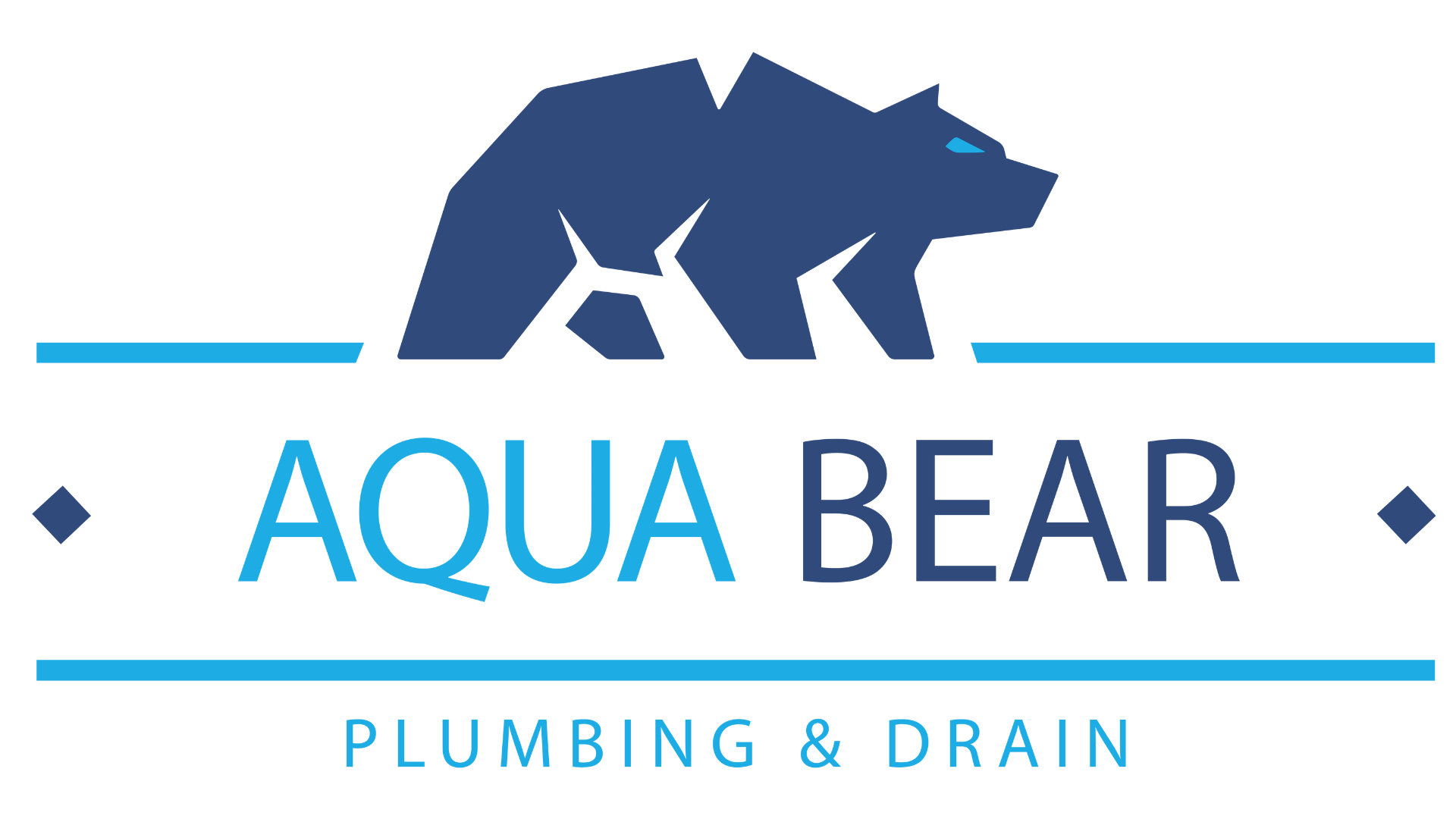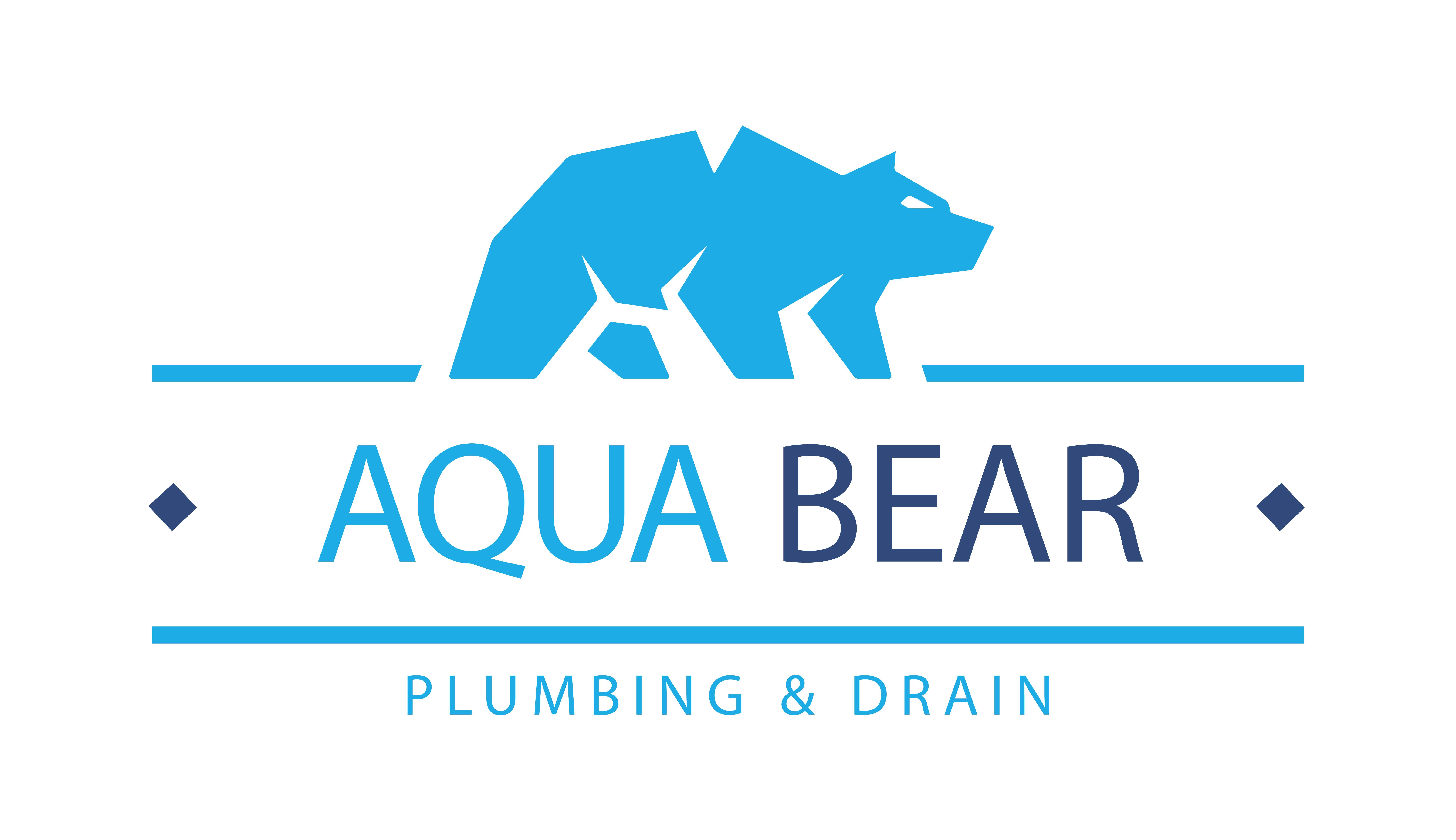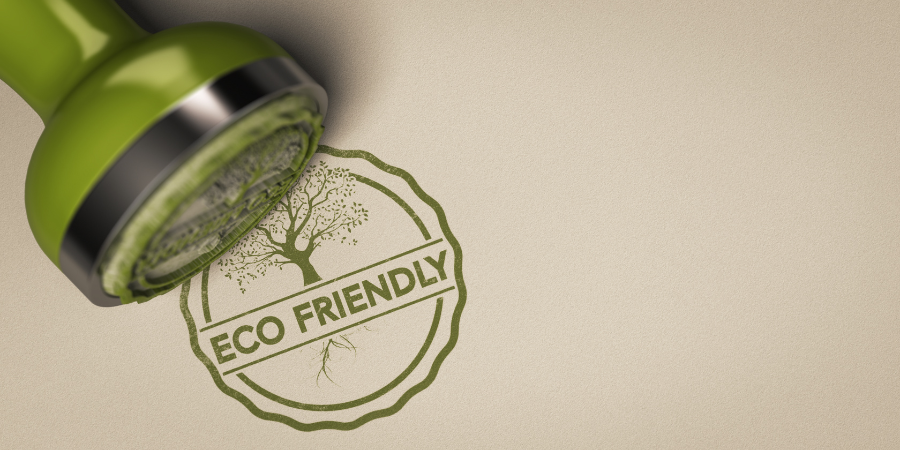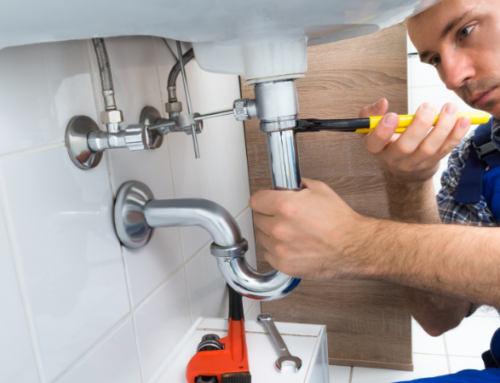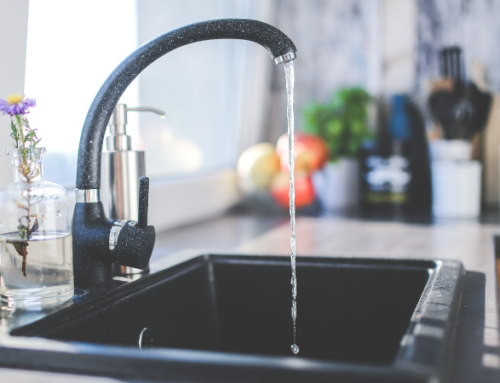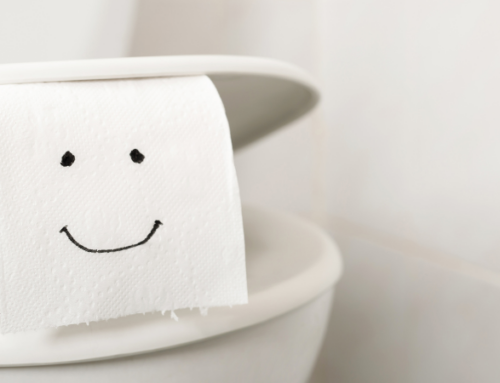As we look into the future and hear the news about carbon footprints and global warming you might be wondering how this push for a more sustainable future relates to the plumbing industry. When we refer to eco-friendly plumbing we are talking about updating aging plumbing pipes, fixtures, and water-using appliances to more modern types with two goals in mind.
First, water conservation is key. By using less water you are protecting our limited water supply and lower water consumption adds up to savings each month on your water bill. As people become more conscious of water usage, they also put less demands on water providers reducing the costs to extract and treat our water supply and to safely distribute this clean water.
A second goal is to limit the effects on the environment by purchasing more energy-efficient appliances. When we pay attention to the amount of energy we use and strive to use less, we help reduce greenhouse emissions and promote a greener, healthier environment.
Water-Saving Appliances
The best place to begin focusing on eco-friendly plumbing is to replace aging appliances that are not designed for water conservation. The appliances to begin replacing first should be the ones that naturally use the most water.
Toilets
Replace your standard toilets with dual-flush toilets. These toilets offer 2 types of flushing capabilities: a lesser flush for liquid-only use or a heavier flush for solid waste removal. These newer models may reduce water usage by up to 57% when the lesser flush option is chosen.
Shower Heads
The shower is another activity that uses a lot of water. Low-flow shower heads are an easy way to conserve water since replacing a shower head is a simple task achievable by most homeowners. Look for a showerhead that utilizes atomizing technology. These are designed to increase spray coverage by more than 2 times while saving 45% of the water needed compared to standard shower heads.
Kitchen Upgrades
Repairing leaky faucets is the bare minimum you can do to improve your kitchen plumbing. More aggressive steps would be to replace your kitchen faucet with a low-flow type or even a hands-free model which saves money. Low-flow faucets use aerators to mix air with water to build a strong, steady stream of water using up to 30% less water.
Additionally, invest in a dishwasher since they use less water than handwashing dishes, and, as with all appliances, look for those with an EnergyStar rating.
Plumbing Pipes
If your plumbing pipes are made of outdated materials or you find you are frequently calling for service, it may be time to repipe your home by removing the old pipes and replacing them. It is also important to compare your water bill to your usage to see if the computations make sense. Hidden plumbing problems such as water leaks can contribute to higher-than-normal water usage and wasted money each month not to mention the structural damage they can cause.
Energy-Efficient Appliances
Energy-efficient appliances are beneficial in several ways. First, they reduce the amount of greenhouse gases being expelled into the atmosphere. Second, energy-efficient appliances also have the added feature of using less water. Lastly, these appliances help us all eliminate our dependency on fossil fuels which leads us to a healthier eco-friendly environment.
Water Heaters
Again, look for water heaters with an EnergyStar rating and newer technologies. Heat pump water heaters use heat already found in the air or ground and transfer that heat to warm your water. The use of electricity or gas that traditional water heaters employ is eliminated. Solar options are also available as another renewable source of heating power.
Other Appliances
Washers, dryers, refrigerators, and dishwashers all are available with EnergyStar ratings and should be used when replacing your current appliances. According to home improvement expert Bob Villa, the EnergyStar program first introduced in 1992 has reduced energy costs by $500 billion and greenhouse gases by 4 billion metric tons. These savings, along with positively impacting the environment should be all the proof you need to purchase energy-efficient appliances.
Whole-Home Filtration System
By installing a whole-home filtration system you will be improving your water quality by filtering out chemicals, pollutants, and contaminants and reducing the need to purchase plastic water bottled water. Plastic water bottles are a serious threat to our environment, killing wildlife and overpowering our landfills, not to mention the harmful chemicals they release into the air. Filtration systems also prolong the lifespan of appliances and your plumbing pipes by removing rust particles and other debris that can clog systems and corrode pipes.A whole-home filtration system can increase your home’s value too.
Rainwater Harvesting
Rainwater harvesting is a simple yet effective way to reduce water usage. It entails the collection of rainwater from rooftops, gutters, and other hard surfaces to be used for landscape irrigation, toilet flushing, car washing, and other activities. This method of collecting water is a worthwhile, smart, and sustainable choice.
Grey Water Recycling
Gray water recycling uses all household wastewater that is treated and reused. The only wastewater that is not included in this type of system is wastewater from your toilets. This water can also be used for landscaping irrigation, toilet flushing, and household chores similar to rainwater that has been collected. These systems reduce water usage from treatment plants but also lessen stormwater runoff which can overwhelm sewer systems causing sewage backups.
Looking For A Plumbing Company Today?
We have learned about the impact outdated plumbing and appliances have on our environment and how replacing plumbing pipes, fixtures, and appliances with energy-efficient and water-conserving models will benefit the environment for years to come.
Start your eco-friendly plumbing commitment by taking small steps. Perhaps begin by repairing obvious leaks such as dripping faucets and running toilets. Map out a plan to replace outdated fixtures and appliances one by one so that within a few years, you will have made headway on improving your plumbing system while supporting a more sustainable future.
We can help you make the eco-friendly plumbing transition as we are up-to-date on current technologies and have the knowledge and expertise to update your plumbing system properly. Together we can make a difference for a healthier tomorrow!
